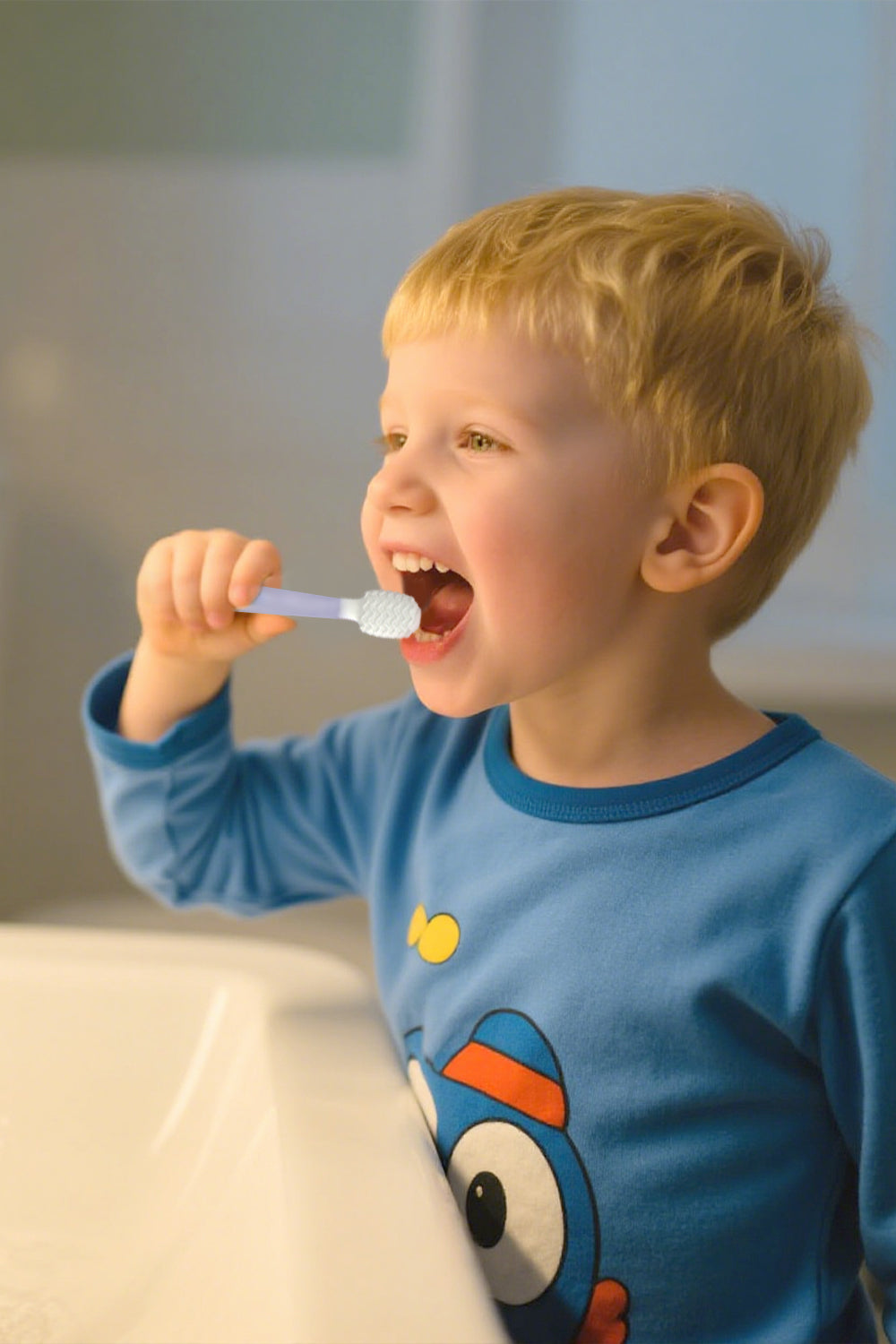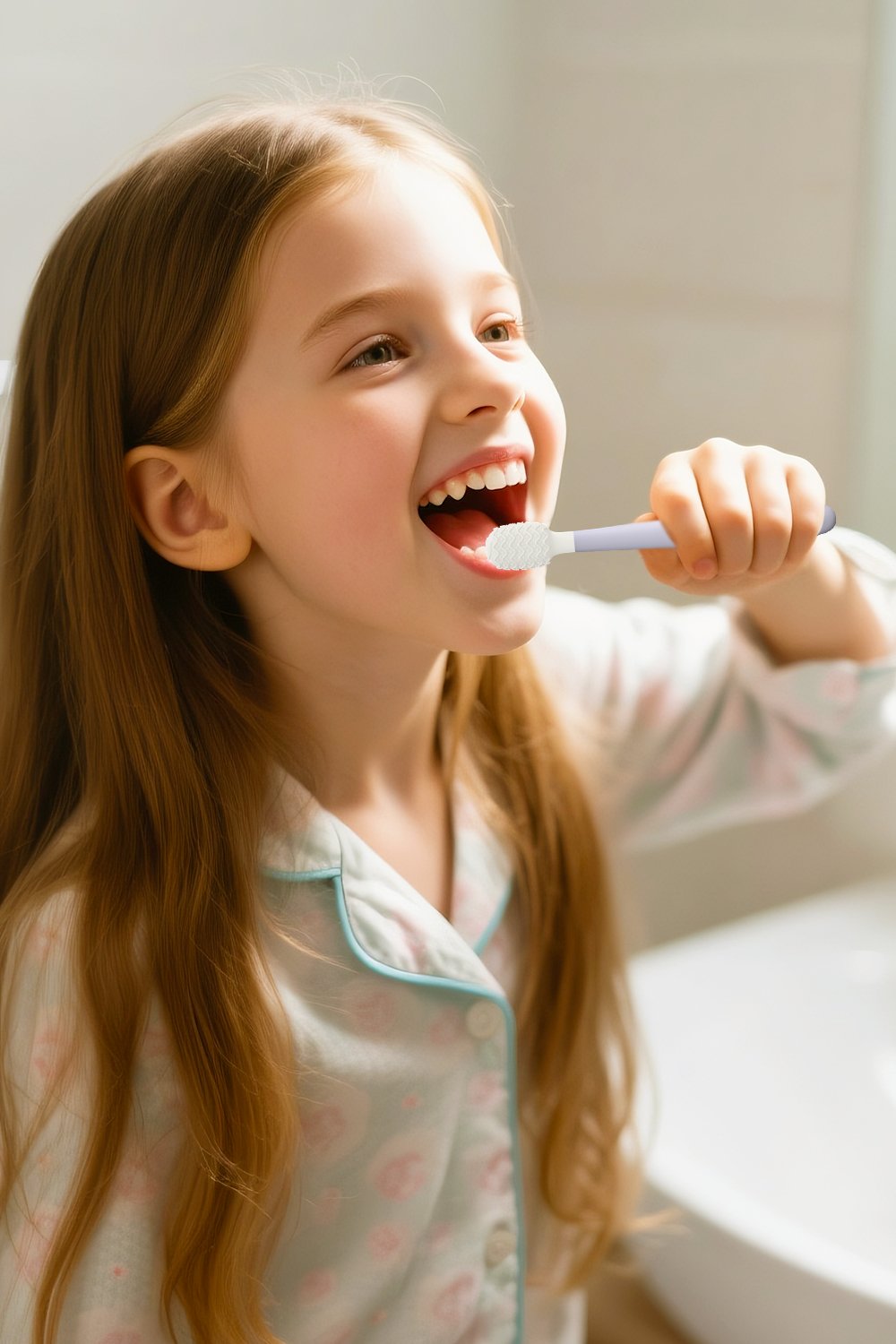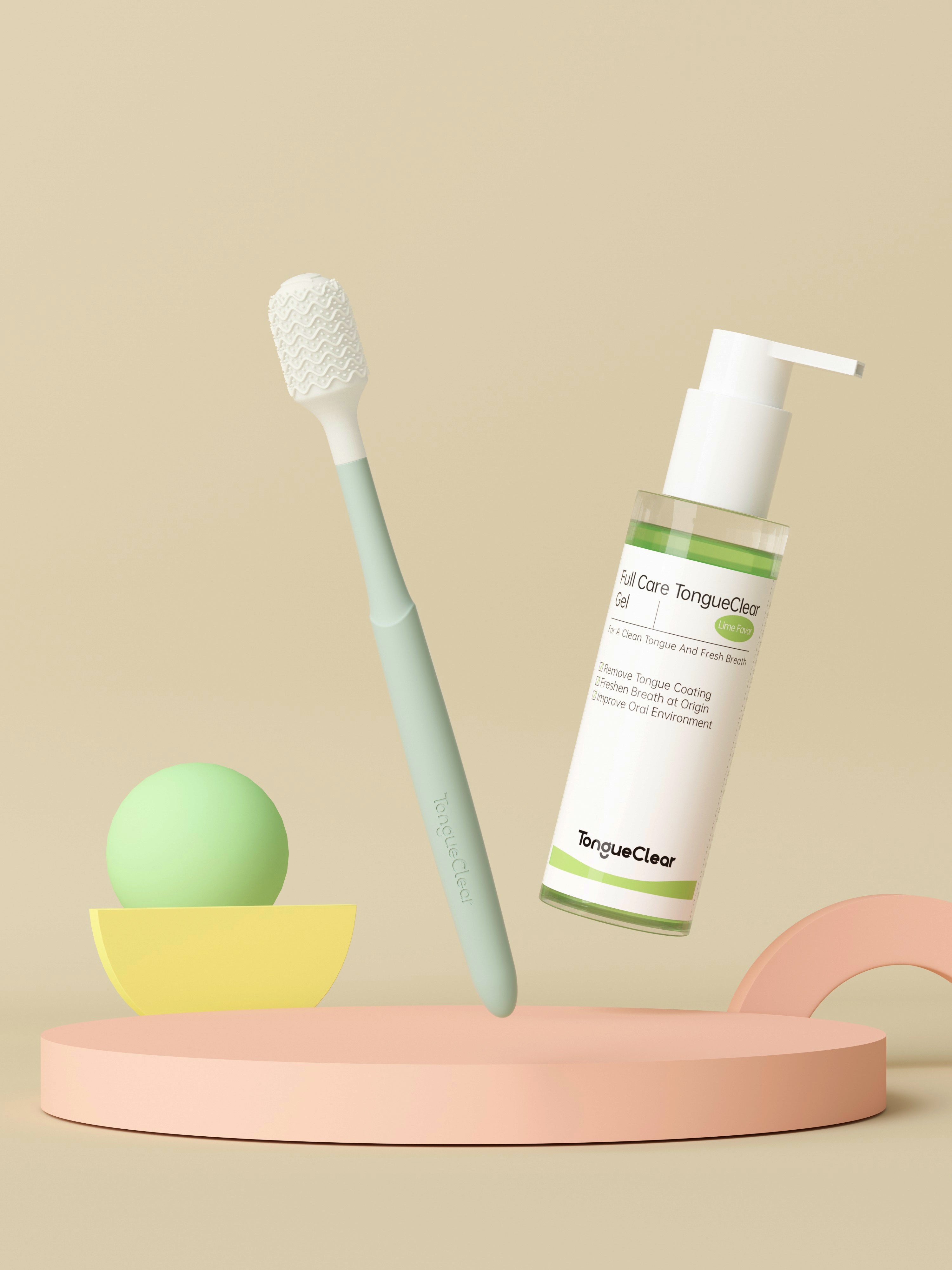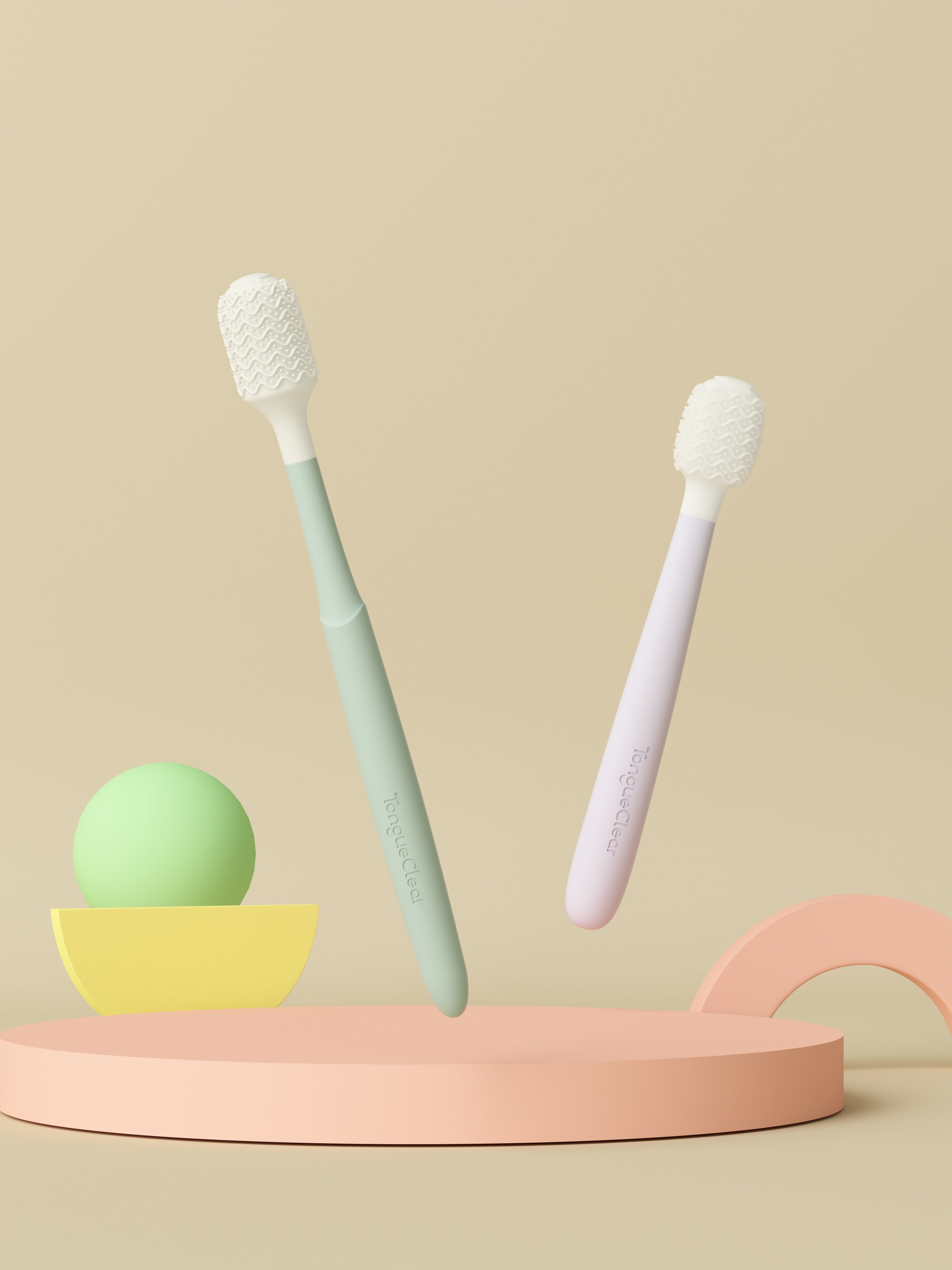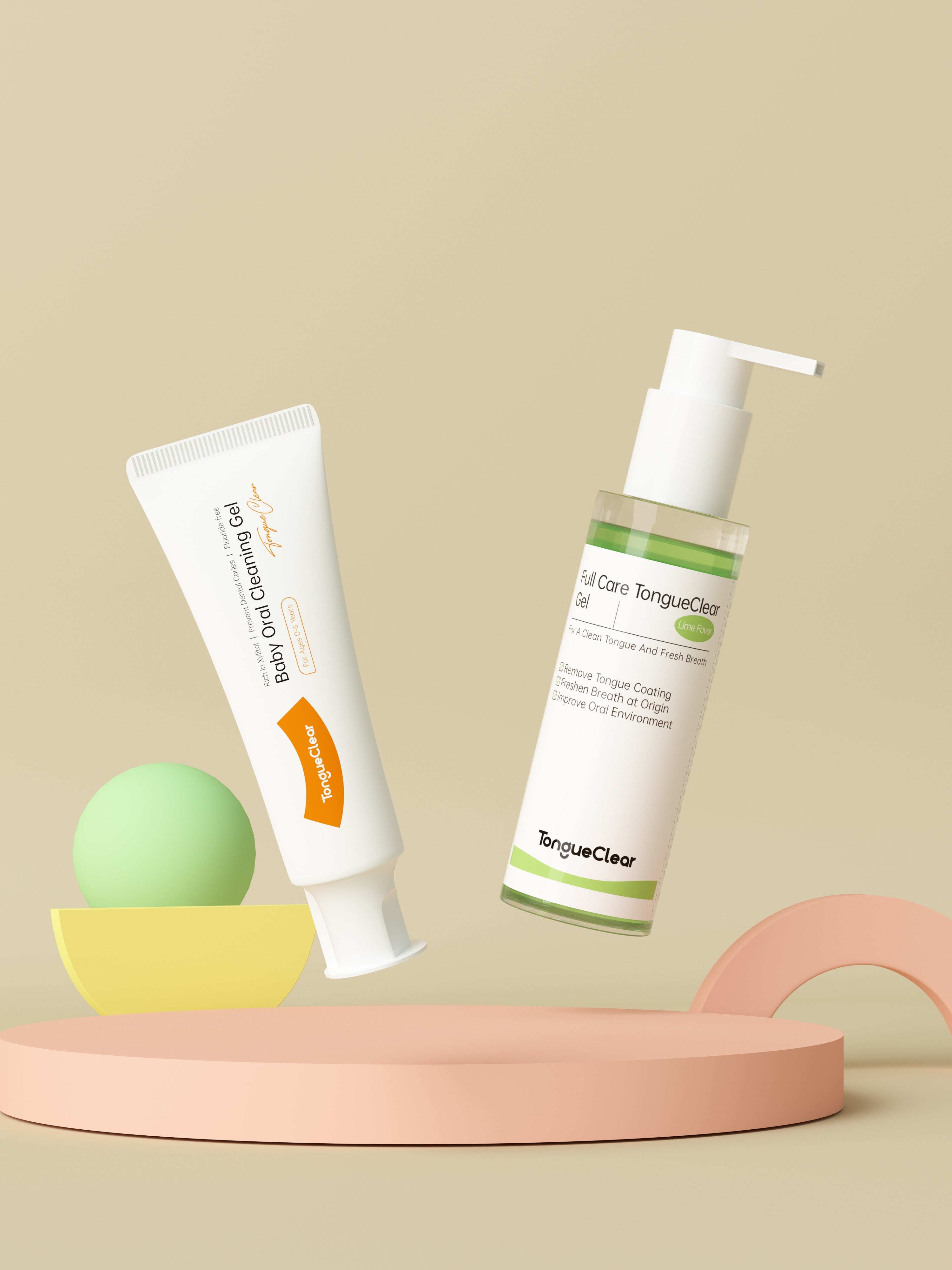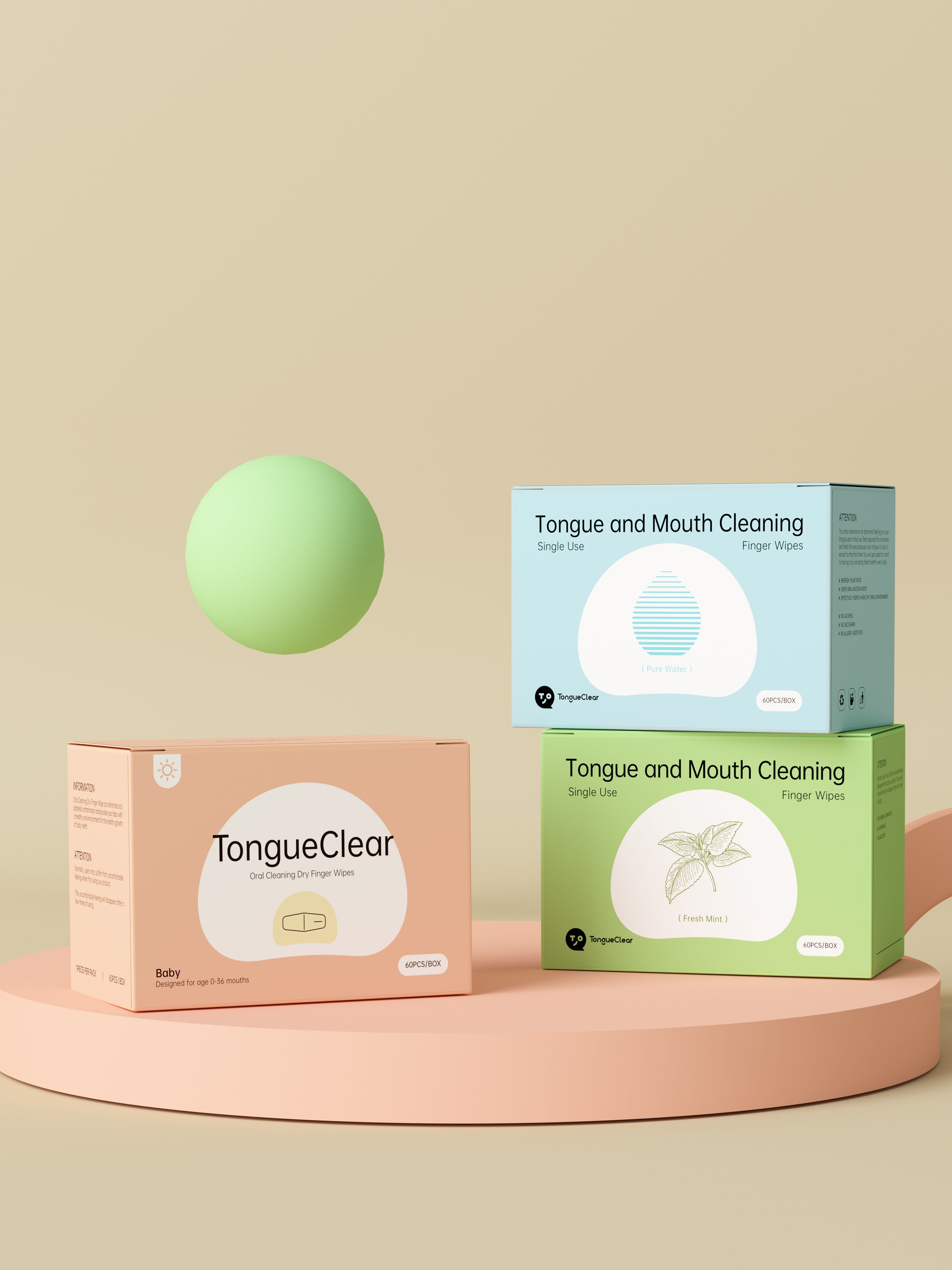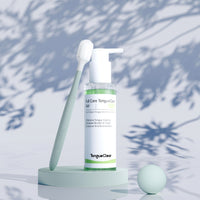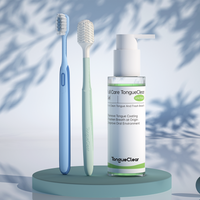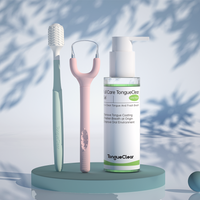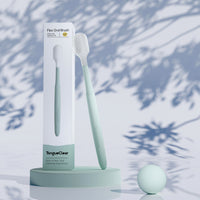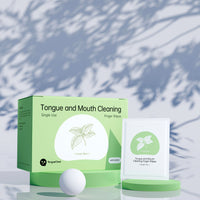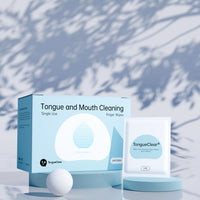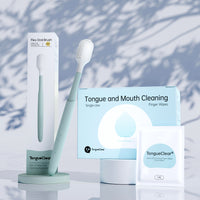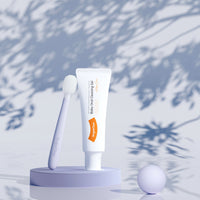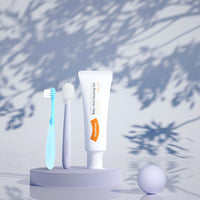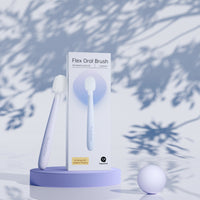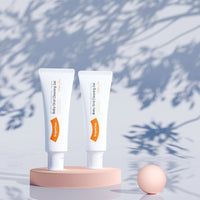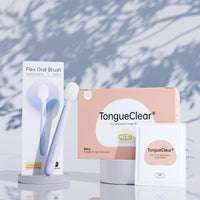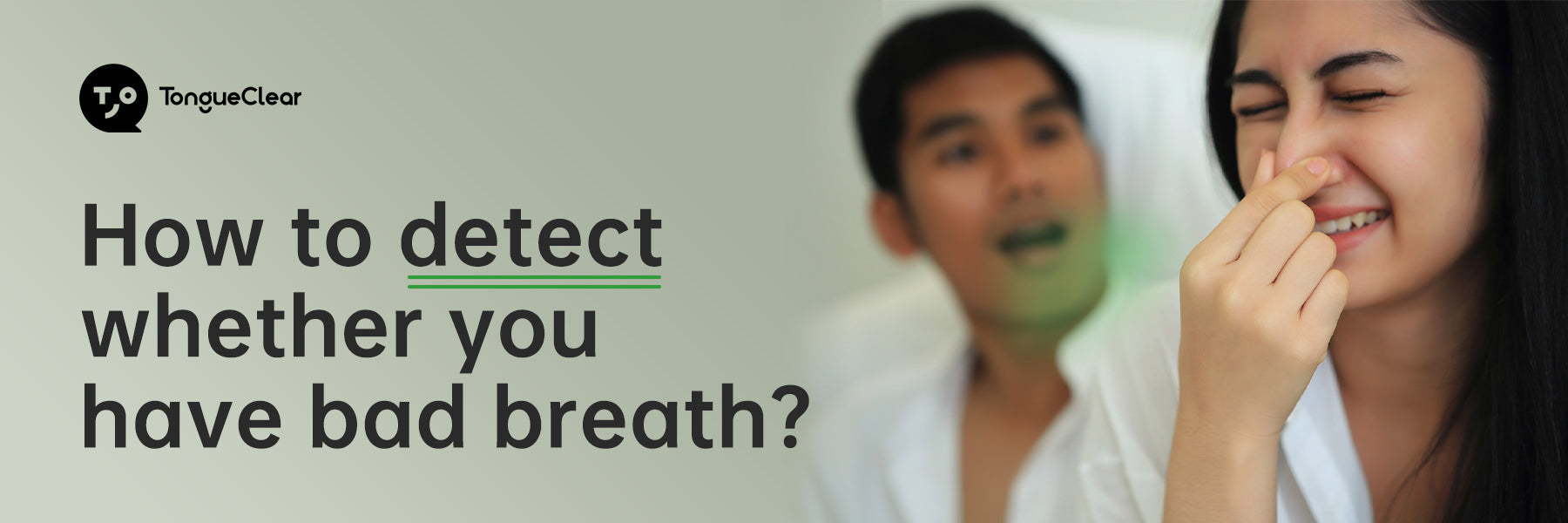
How to detect whether you have bad breath?
How To Detect Bad Breath:
1. Licking the back of your hand: lick the back of your hand with your tongue, wait for about 10 seconds, and smell it near the back of your hand after the saliva has dried. What you smell is the real smell of your mouth. If there is a pungent or unpleasant smell, it is bad breath.
2. Breathing judgment method: Put your hands together, cover your mouth and nose, and form a sealed space. Exhale, then inhale through your nose. If you can smell a pungent or unpleasant smell, it means you have bad breath.
3. Cotton swab detection method: Choose a clean cotton swab, insert the cotton swab into your mouth, gently wipe it on the tongue coating or between your teeth, and then take it out and smell it for any peculiar smell.
4. Mask method: After putting on the mask, wrap your mouth and nose to form a closed space, take a deep breath and exhale several times. If you smell a peculiar smell, it proves that you have bad breath.
5.Exhalation method: Take a small cup, exhale into it with your mouth for 5-8s, and then smell it for any peculiar smell.
Misconceptions about bad breath:
Myth 1: Exhaling into the palm of your hand can determine whether you have bad breath. Bad breath comes not only from the tongue coating, but also from many hidden places such as the deep part of the mouth and the gaps between teeth. Therefore, simply exhaling into the palm of your hand cannot effectively detect whether you have bad breath. This is an unscientific detection method. The correct detection method can refer to the above-mentioned bad breath detection method.
Myth 2: Bad breath indicates a serious illness. It should be noted that having bad breath does not imply that you have a serious illness, but about 3/4 of patients with bad breath have some dental problems, such as swollen gums, ulcers, infections or thick tongue coating. If you find symptoms, you need to go to the oral department in time.
Myth 3: Mouthwash can effectively remove bad breath. A British health research institute analyzed the scientific literature on bad breath and found that 5 tests showed that if the mouthwash contains antibacterial substances such as chlorhexidine, chlorine dioxide, and zinc, the unpleasant odor can be reduced to a certain extent. But A study by Queen Mary College, University of London, found that a healthy oral biological flora can inhibit the proliferation of bacteria that produce bad breath, while frequent use of mouthwash will kill some "beneficial bacteria" and lead to oral flora imbalance. Therefore, it can be seen that mouthwash can only be used for emergency and short-term use, and it is not a product that can truly solve the problem of bad breath.
If you can understand the relationship between the bacteria in the mouth, you will know that the bacteria exist in groups and are covered with a layer of biofilm. American scientists have done a lot of experiments before. This film cannot be removed by the impact of mouthwash alone. This is one of the reasons why mouthwash is very short-term. The correct way is to first remove food residues by brushing and flossing, and use oral mucosal cleaning tools to clean bacteria and food residues in other parts except teeth; keep regular teeth washing to reduce the living space of odor-producing microorganisms such as anaerobic bacteria. Maintain a benign oral hygiene environment.
Share



